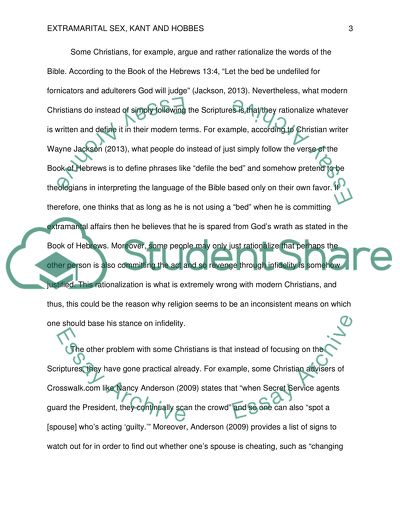Cite this document
(“Decision-making and Philosophy Part II: Philosophy and the Community Essay”, n.d.)
Decision-making and Philosophy Part II: Philosophy and the Community Essay. Retrieved from https://studentshare.org/philosophy/1467336-decision-making-and-philosophy-part-ii-philosophy
Decision-making and Philosophy Part II: Philosophy and the Community Essay. Retrieved from https://studentshare.org/philosophy/1467336-decision-making-and-philosophy-part-ii-philosophy
(Decision-Making and Philosophy Part II: Philosophy and the Community Essay)
Decision-Making and Philosophy Part II: Philosophy and the Community Essay. https://studentshare.org/philosophy/1467336-decision-making-and-philosophy-part-ii-philosophy.
Decision-Making and Philosophy Part II: Philosophy and the Community Essay. https://studentshare.org/philosophy/1467336-decision-making-and-philosophy-part-ii-philosophy.
“Decision-Making and Philosophy Part II: Philosophy and the Community Essay”, n.d. https://studentshare.org/philosophy/1467336-decision-making-and-philosophy-part-ii-philosophy.


